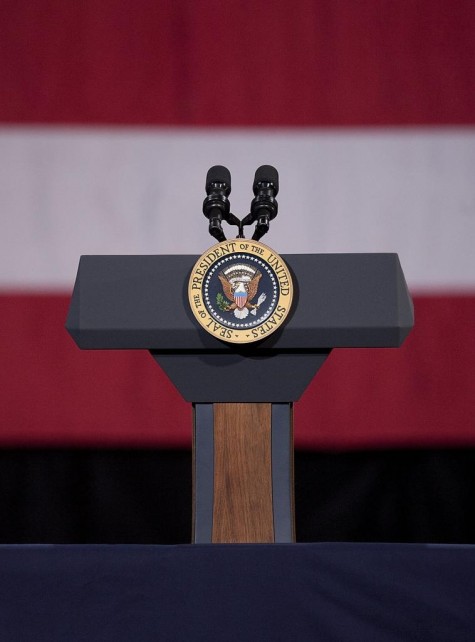On October 24, 1973, in response to the rapidly deteriorating position of the Arab forces during the Yom Kippur War against Israel, The Soviet leader Brezhnev sent President Nixon a communique stating
“I will say it straight that if you find it impossible to act jointly with us in this matter, we should be faced with the necessity urgently to consider taking appropriate steps unilaterally. We cannot allow arbitrariness on the part of Israel.”
The Russian leader was expressing to the leader of the United States its determination to increase its belligerence with any evidence of increasing Israeli advantage in the conflict against its Arab client states. Brezhnev was implying that the Soviet Union was expecting the United States to stand aside as the Soviets injected military forces into the region, or face the consequences of direct contact between the Cold War foes themselves.
There is no video of the President of the United States’ response to this provocative communique. There is no public response, as none was necessary. The United States proceeded to reinforce Israel through supply, move Sixth Fleet forces into the Eastern Mediterranean, and increase the readiness status of its world wide forces. The Soviet Union understood exactly what this meant. The President of the Soviet Politburo Nicolai Podgorny pretended bewilderment at the aggressive response, and expressed it was not reasonable that the Soviet Union be engaged in a war with the United States because of Egypt and Syria, and the KGB head Andropov recommended reduced Russian provocation because the United States was clearly “too nervous”. The Soviet Union recognized that a regional conflict had been elevated silently by the United States president to the position of the direct national interests of the United States, and was therefore no longer a conflict with controllable consequence.
This moment achieved the elements necessary for all parties to determine to find a way out one of the most dangerous moments for the world since World War II. The cold war foes the United States and the Soviet Union understood the rules of the game – and the capacities of each without the need for either to assert in public these rules and thereby risk possible humiliation and loss of control of dangerous moments.
This careful understanding of capacity, national interest, regional roles and need to control events without potentially dangerous humiliation was the central focus of all diplomatic efforts during the Cold War. Presidents, whether Democrat or Republican, knew that, what was at stake when they expressed themselves was inherently and fundamentally more than their personal reputations. The President of the United States and the Premier of the Soviet Union realized that in public they were the personification of the national identity of their powerful countries, and their spartan use of words had to reflect their profound responsibilities, their actions, to send clear and precisely understood messages as to consequences.
This was the diplomatic concept that President Obama has spent almost six years of Presidency undermining and disassembling. From the public disdain for the previous President’s foreign policy, to the public apology tour of the President across the world, to the inaction and indifference to constant challenges to American prestige across the globe, to inane public announcements of so called “red lines” for the United States which are crossed then ignored, to the pathetic public “reset” with its traditional global opponent without the careful development of alternative responses for poor behavior- the president has publically and foolishly confused his public persona with the country he represents. This narcissism is leading to calamity after calamity and somewhere someone is going to make a tragic mistake.
During the republican convention of 2012, the actor Clint Eastwood pretended to have a conversation with the President, speaking to an empty chair. The unfortunate truth is that this actor’s prop may have been the most illuminating caricature of this President that could possibly be made. The picture of the empty Presidential podium above has become an unfortunate symbol of this president, as he has with every overexposed public word, become increasingly irrelevant to management of world events. The latest “red line” announced by the President, the movement of Russian troops into the Ukraine to reinforce their Crimean interests, was humiliatingly ignored as soon as he said it. The enormous danger of having a leader who believes his personal views are the world’s views is progressively coming to bear. Having the most powerful country in the world, led down an incalculable path by the most irrelevant man in the world, is a story that is going to have a tragic ending, and stories like that, are ominous and ugly for all of us inhabitants.

